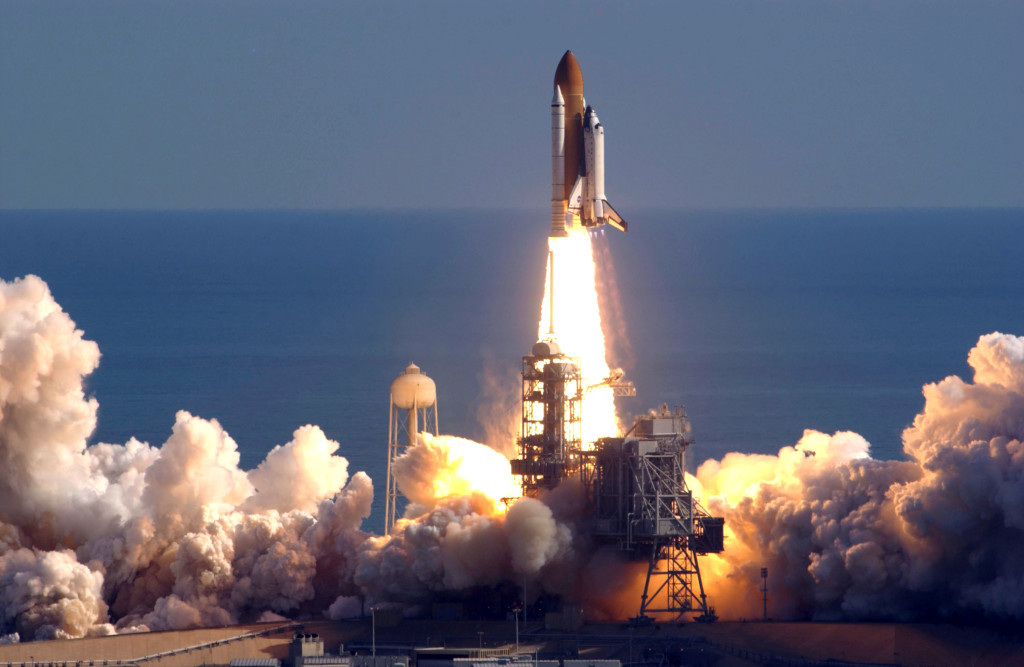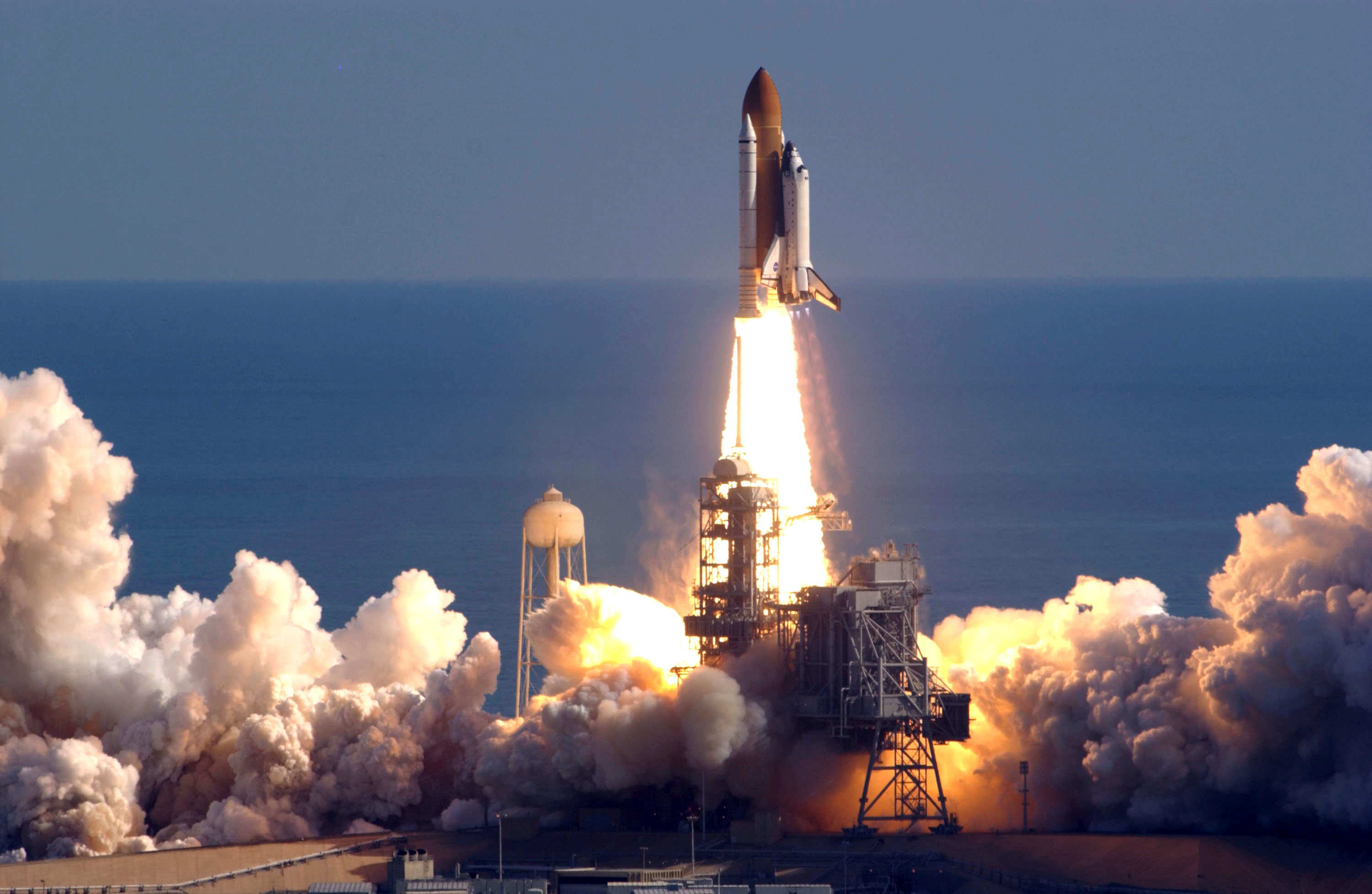
Lemar Agnew
Contributor
Some people think governments should spend as much money as possible exploring outer space (for example, traveling to the Moon and to other planets). Other people disagree and think governments should spend this money for our basic needs on Earth.
Personally, I feel like we shouldn’t break the bank, but we should save money and put that money aside for when the U.S. wants to start an expedition. According to www.space.com, a mere 4 percent of our universe has been explored. Think about it. That’s a lot of discovering and new information we could possibly uncover.
That stat is mind-boggling and makes me think about how huge our universe is. For me, it also makes me wonder if there is other forms of life out there like extraterrestrials. Also, scientists believe that there is more than one billion planets, which makes life being in another planet even more probable. With the proper funds, we could go on longer and further expeditions to learn information about the possibility of life in other places in outer space.
People also believe that we should colonize a new planet soon because of how badly Earth is damaged right now. According to the 2012 UN Program, our world should only sustain eight to 16 billion people. Since we already surpassed seven billion, we should allow astronauts to discover new living habitats for humans, as well as new material we could potentially use. For example, the moon has helium-3, a very rare isotope on Earth that is already used for nuclear fusion research.
The asteroid threat is also a big concern for us, but it has to be taken into consideration: a stable well-funded space program must have the capacity to monitor large asteroids that could potentially wipe out our planet.
Small asteroids break up in the atmosphere all the time, but there are some meteors that are more than 100 metres in diameter. We should be watching for these deadly projectiles. Thankfully, we already have instruments that allow us (in most cases) to predict and study asteroids’ transit. But, there is so much more to learn.




